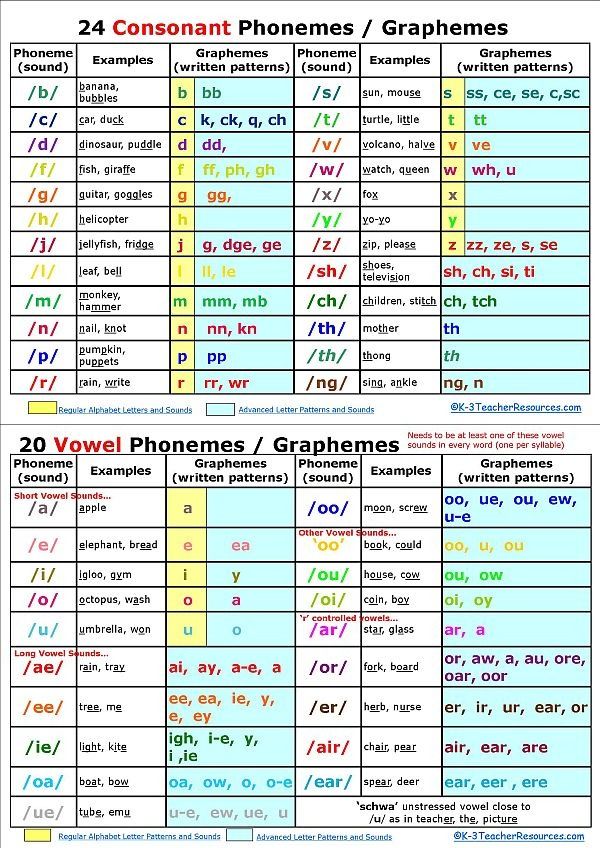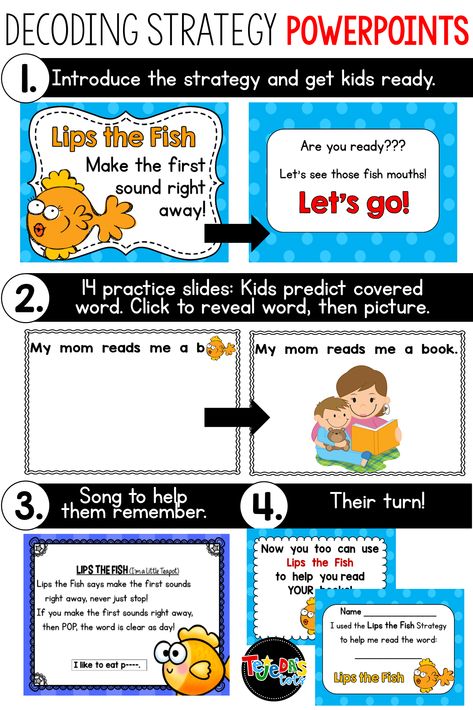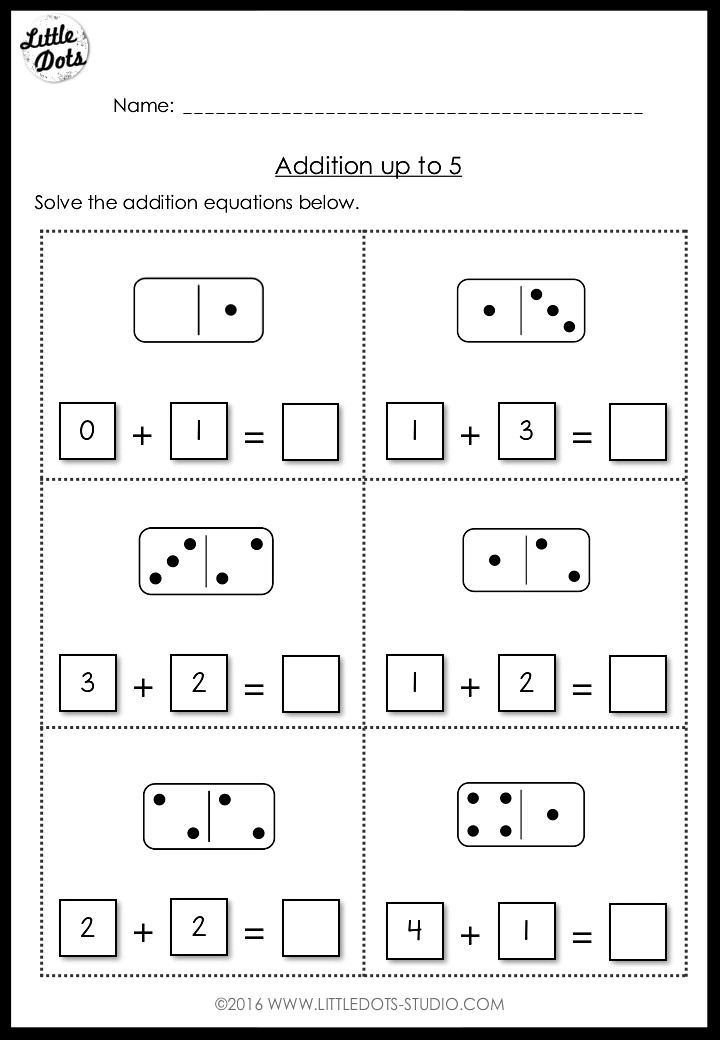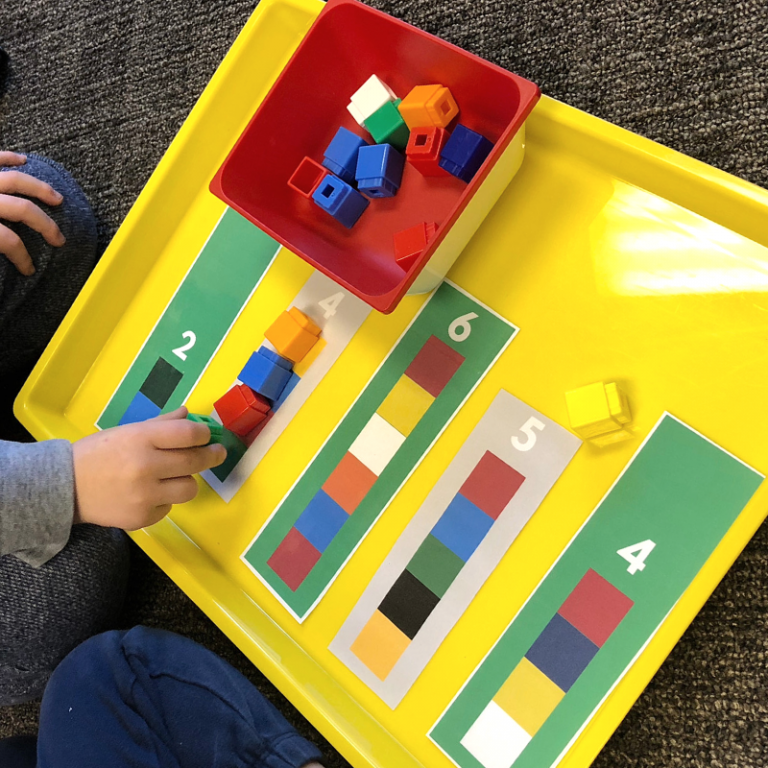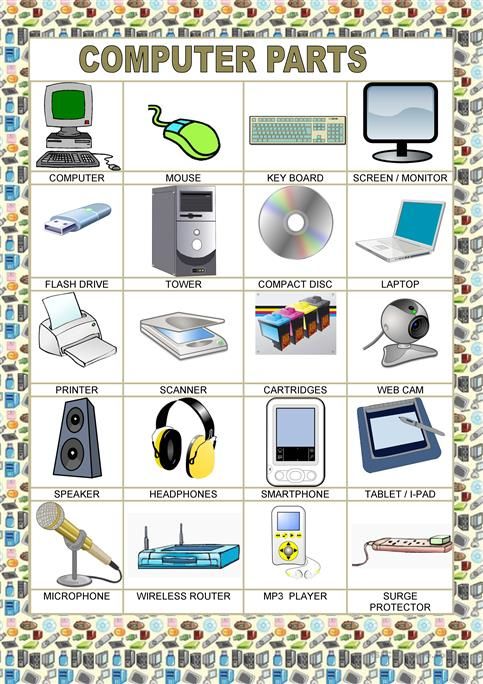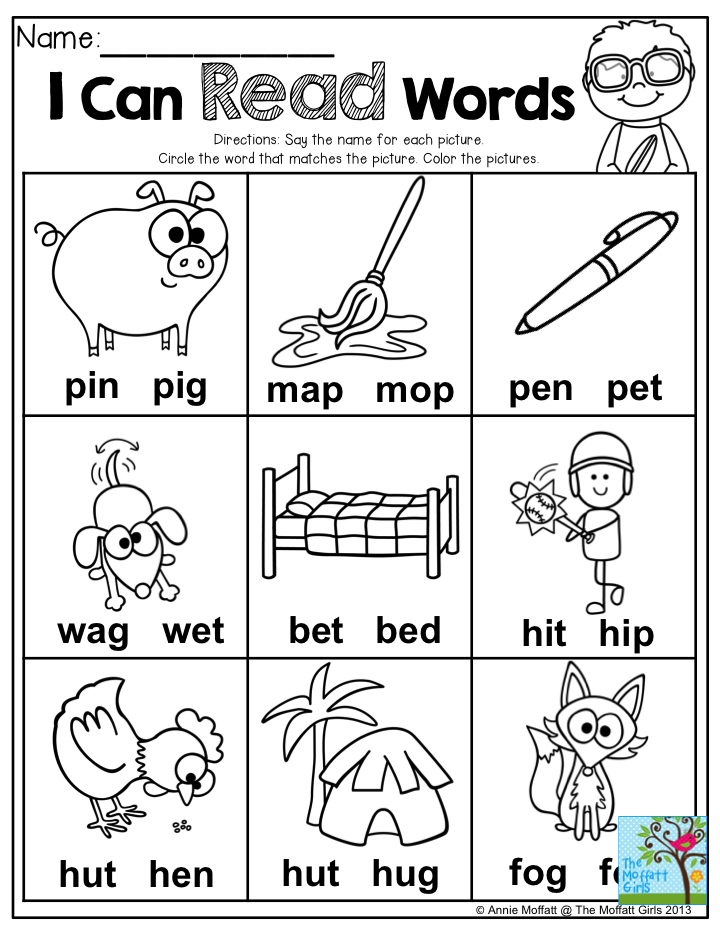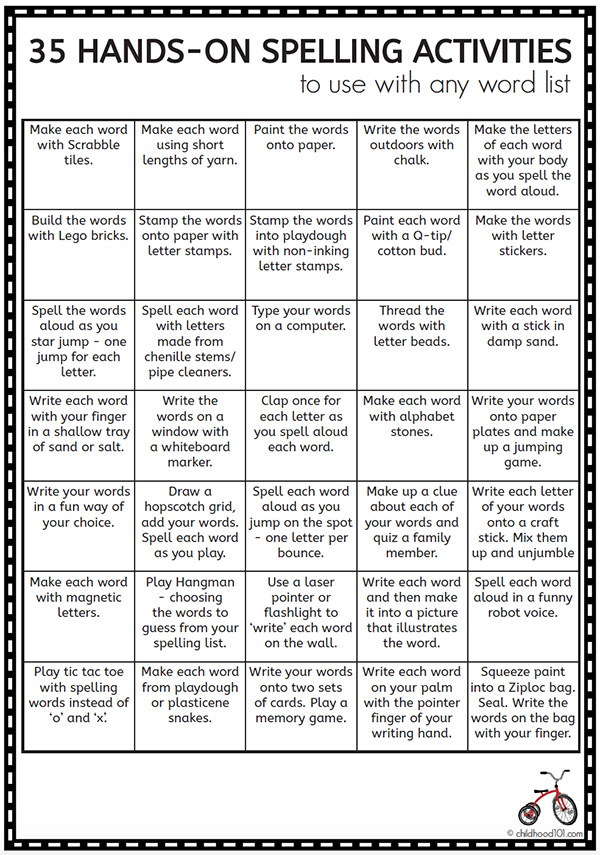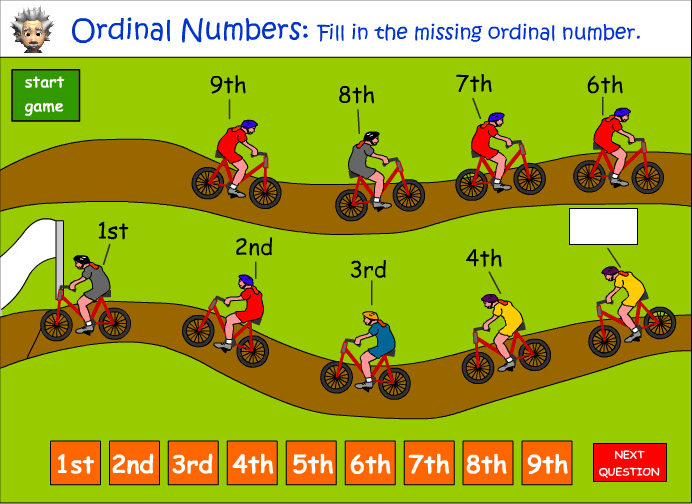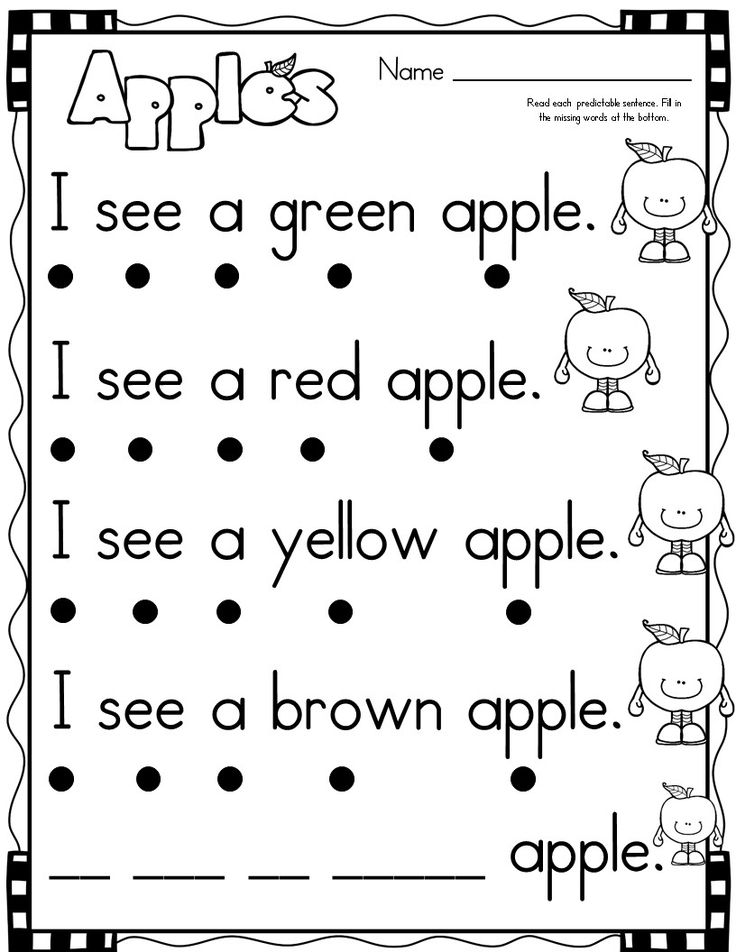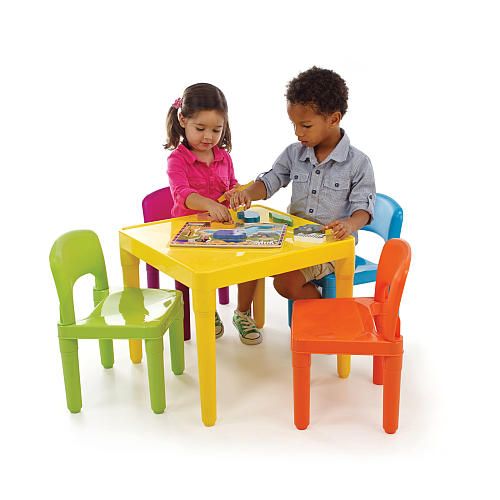Words that are consonants
All 40 Consonant Words - Word Finder
Showing Consonant Words
When you are playing Words with Friends or Scrabble, it is important to understand how words are formed. You may look at your letter selections and realize that you have many more consonants than vowels. Fortunately, there are some consonant blends and combinations that can come to your rescue. There are even a few words made of consonants alone that are acceptable in most word games.
Common Consonant Blends
When you are playing a game where you must unscramble letters, you might assume that you will succeed by alternating consonants and vowels. However, there are some consonant combinations that you must take into account. Some of the most common consonant blends are at the beginning of words.
Share, chance, small, snack, crab and blue are all good examples.
Words with Greek origins have combinations created by the ancient Greek alphabet. Pseudoscience includes a couple of blends. Philosophy has an f sound that comes from the Greek letter Phi. Chronology starts with a three-letter blend that was a two-letter blend in Greek, a combination of Chi and Rho.
There are also some common consonant combinations that you can find at the end of words. Trident, fish, communism and leech are all words that can help you get rid of a few tiles.
Double Consonant Words
It is not a Scrabble cheat to place some double consonant words when you have too many copies of the same tile. The name Scrabble itself is a perfect example. Most double letters are found in the middle of a word where they sit at a break between syllables: dollar, fissure, hammer and furry. There are a few double letters that sit at the end of words: fall, less, watt and buzz. Even fewer words begin with two copies of the same consonant. These are mostly words borrowed from other languages like the Spanish word
llama.
Even fewer words begin with two copies of the same consonant. These are mostly words borrowed from other languages like the Spanish word
llama.
Are there any words made up of only consonants?
Is
Y a consonant?When push comes to shove, you may want to expand your vocabulary to include some all consonant words. There is some debate over what counts as a word with only consonants. You probably learned in school that the vowels are a, e, i, o, u, and sometimes y. In words like gym, glyph, myth, and nymph, the letter y is acting as a vowel, but some people would say that these are all consonant words.
Onomatopoeias
Another class of words with only consonants is onomatopoeic words. These are words that mimic sounds. Someone who is cold might say, Brr.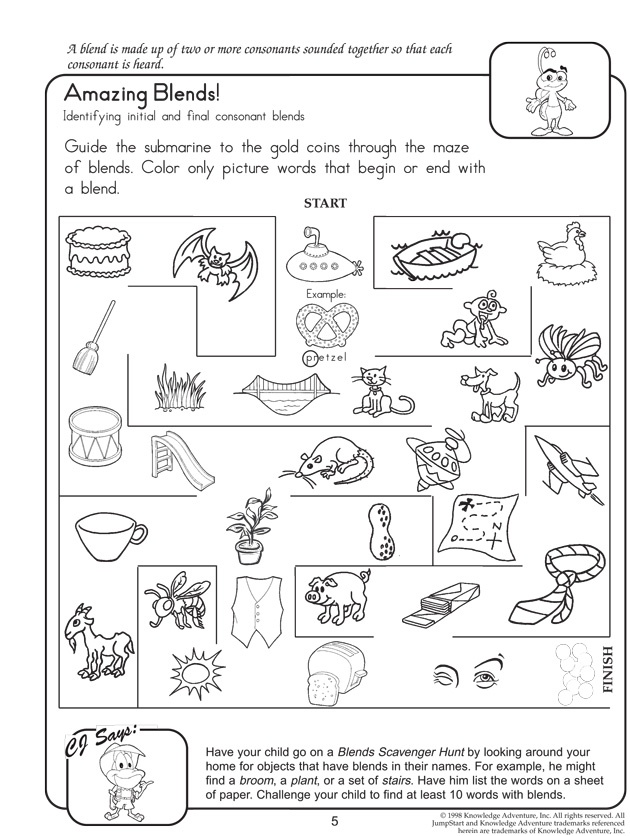 Pfft is a common sound of dismissal. A curious person says, Hmm.
Pfft is a common sound of dismissal. A curious person says, Hmm.
Foreign words
Finally, some consonant-only words have been handed to us from other languages. In Welsh, a cwm is a round valley often found in the mountains. From the same country, a crwth is a type of traditional fiddle.
When you know your consonant words, you have many more options to add to your word list. Your Scrabble and Word with Friends opponents will marvel at your ability to make words.
All Scrabble Words Containing Just Consonants or Vowels
All Scrabble Words Containing Just Consonants or Vowels| All Scrabble Words
Containing Just Consonants or Vowels | ||||||||||||||||||||||||||||||||||||||||||||||||||||||||||||||||||||||||||||||||||||||||||||||||||||||||||||||||||||||||||||||||||||||||||||||||
|---|---|---|---|---|---|---|---|---|---|---|---|---|---|---|---|---|---|---|---|---|---|---|---|---|---|---|---|---|---|---|---|---|---|---|---|---|---|---|---|---|---|---|---|---|---|---|---|---|---|---|---|---|---|---|---|---|---|---|---|---|---|---|---|---|---|---|---|---|---|---|---|---|---|---|---|---|---|---|---|---|---|---|---|---|---|---|---|---|---|---|---|---|---|---|---|---|---|---|---|---|---|---|---|---|---|---|---|---|---|---|---|---|---|---|---|---|---|---|---|---|---|---|---|---|---|---|---|---|---|---|---|---|---|---|---|---|---|---|---|---|---|---|---|---|
|
||||||||||||||||||||||||||||||||||||||||||||||||||||||||||||||||||||||||||||||||||||||||||||||||||||||||||||||||||||||||||||||||||||||||||||||||
| Navigation | ||||||||||||||||||||||||||||||||||||||||||||||||||||||||||||||||||||||||||||||||||||||||||||||||||||||||||||||||||||||||||||||||||||||||||||||||
| Return to Scrabble Word Lists Page | ||||||||||||||||||||||||||||||||||||||||||||||||||||||||||||||||||||||||||||||||||||||||||||||||||||||||||||||||||||||||||||||||||||||||||||||||
Hard and soft consonants.
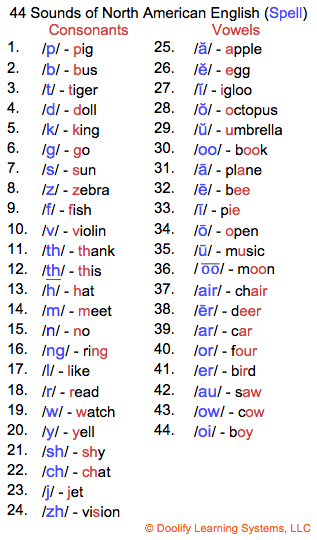 How to determine? Table and examples
How to determine? Table and examples Free introductory Russian lesson
Enroll
109.4K
You must have noticed that the same consonant letters can sound different. For example, in the words "childish" and "think" the letter "d" is not the same: we pronounce one softly, and the other firmly. It's time to figure out why this is happening. In this article, we will tell you what hard and soft consonants are and how to determine them so as not to make mistakes in phonetic analysis.
What consonants are called hard and soft
Consonants are those in which there is noise. When we pronounce them, the exhaled air encounters obstacles: the special position of the tongue, lips, teeth, palate. This is where the characteristic consonant sound comes from.
Consonants can be hard or soft, voiced or voiceless.
-
Soft consonants - sounds, during the pronunciation of which the middle of the tongue rises, and the tip approaches the teeth.
-
Solid consonants are sounds in which the tongue does not make additional movements.
Therefore, we pronounce hard and soft consonants differently. This can be seen if you say, for example, the words autumn and wasps . In the first case, the sound [s'] is soft and will sound appropriate. But in the second word [s] is a solid consonant sound, and this can also be heard from its sound.
Here are some more examples of the same consonants that represent hard and soft sounds.
| | | |
|---|---|---|
| | | |
| | | |
| | | |
| | | |
| | | |
| | | |
Interestingly, the hardness or softness of a consonant is related to which vowel follows it.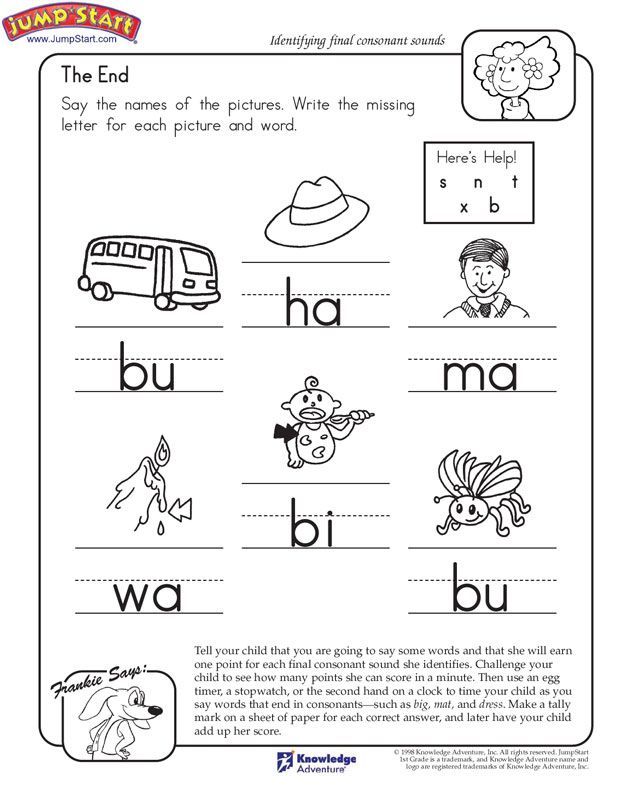 If after the consonant there are letters denoting the hardness of the sound ( a, o, y, s or e ), it will be hard, and if the letters denoting softness ( i, e, e, yu, and or b ), - soft. The exception is some borrowed words, for example pho[ne]tika .
If after the consonant there are letters denoting the hardness of the sound ( a, o, y, s or e ), it will be hard, and if the letters denoting softness ( i, e, e, yu, and or b ), - soft. The exception is some borrowed words, for example pho[ne]tika .
For example:
-
soft consonants: [d'e] revo, [v'e] black, when [b'e] reap, [v'a] knowledge, p[r'i] led, [l'u] day , etc. ;
-
hard consonants: months [ta], k[ry] sha, [du] mother, [me] r etc.
Test yourself!
Determine which consonant sound is used in these words - [d] or [d']: see, home, winner, businesslike, victory, pest, meditation, bear
Demo lesson in Russian
introductory lesson and find out what topics separate you from the "five" in Russian.
Paired and unpaired consonants in terms of hardness-softness
Consonant sounds form pairs in terms of hardness-softness and are called, respectively, paired.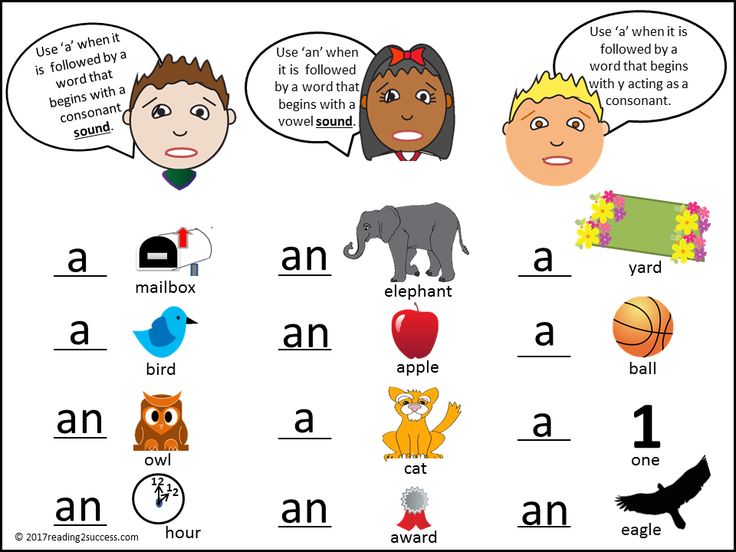 Here is a table of all paired hard and soft consonants.
Here is a table of all paired hard and soft consonants.
| [b] | [c] | [g] | [d] | [h] | [c] | [k] | [l] | [m] | [n] | [p] | [r] | [t] | [f] | [x] |
| [b'] | [in'] | [g'] | [d'] | [z'] | [s'] | [k'] | [l'] | [m'] | [n'] | [n'] | [p'] | [t'] | [f'] | [x'] |
However, in Russian there are consonants that do not have such a pair: they can only be soft or only hard.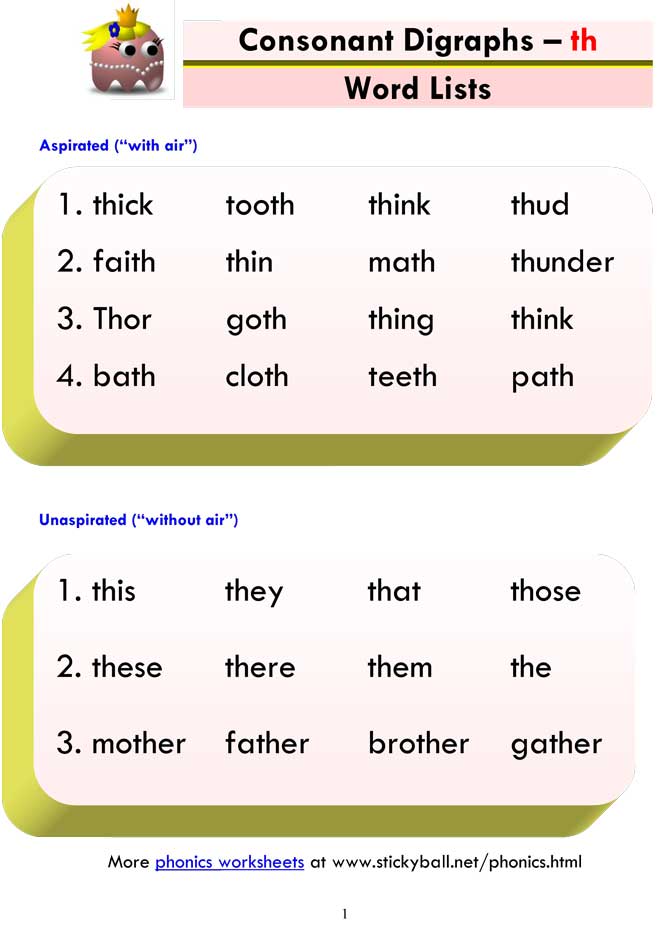 Such sounds are called unpaired. For example, consonants [g], [w] and [c] do not have a pair, they are always solid. Even if in the word they are followed by letters that indicate the softness of consonants: i, e, e, u, and or b . For convenience, we collected all paired and unpaired consonants in the memo below. Save and enjoy!
Such sounds are called unpaired. For example, consonants [g], [w] and [c] do not have a pair, they are always solid. Even if in the word they are followed by letters that indicate the softness of consonants: i, e, e, u, and or b . For convenience, we collected all paired and unpaired consonants in the memo below. Save and enjoy!
Test Yourself
Test your understanding of hard and soft consonants and letters with the activities below.
Task 1
Name:
-
10 hard consonant words;
-
5 words that always contain hard consonants;
-
10 soft consonant words;
-
5 words with always soft consonants.
Task 2
Read the words below and mark hard consonant sounds in them, and also indicate whether they are paired or unpaired in hardness-softness:
-
wind,
-
apple,
-
grovel,
-
Far East,
-
approaching,
-
cauterize,
-
pyramid,
-
appearance,
-
lure,
-
important,
-
cyclone,
-
athletic,
-
interferes.
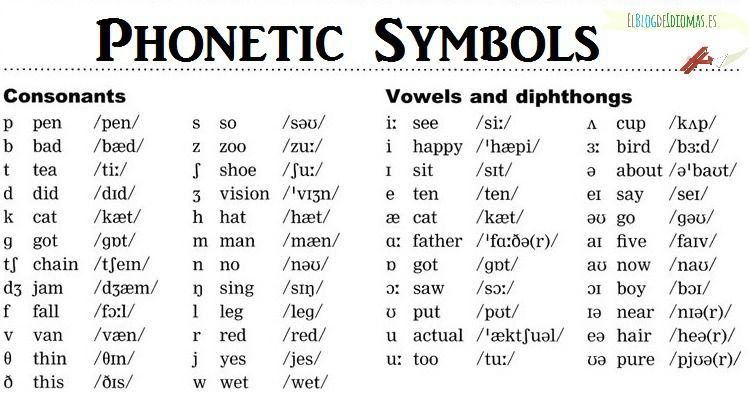
Literate speech goes hand in hand with knowledge of phonetics. If you need to analyze this topic in detail and not miss the details, we advise you to additionally study with a teacher. In the Skysmart online Russian language school courses, students will be able to immerse themselves in phonetics and figure out which consonants are always hard or always soft, and then consolidate the new on exciting tasks. This will help you understand the topic better and improve your grades in school
Russian cheat sheets for parents
All the rules of the Russian language at hand
Vowel sounds and letters. How many are there in Russian?
Free introductory lesson in Russian
Enroll
The correct pronunciation of words is one of the components of beautiful and literate speech. To achieve this, you will first have to study the sounds themselves.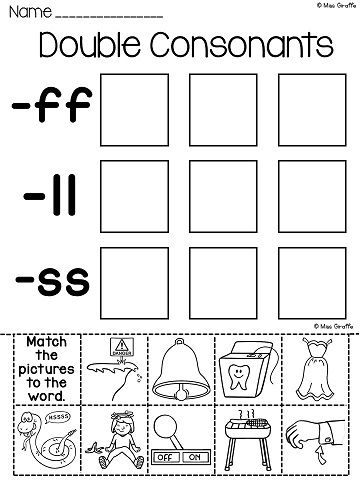 In this article, we will figure out together what vowel sounds are, how many vowels are in the alphabet of the Russian language, and what sounds they can represent.
In this article, we will figure out together what vowel sounds are, how many vowels are in the alphabet of the Russian language, and what sounds they can represent.
What are vowels and sounds
Vowel sounds are those sounds that we freely convey with our voice. This is where their name comes from: voice means "voice". When pronouncing, air exits through the mouth and does not create noise, and the position of the tongue and lips determines which vowel sound we will pronounce.
There are much fewer vowels in Russian than consonants. There are 6 of them in total: [a], [o], [i], [s], [y] and [e]. To understand whether a vowel sound is in front of you or not, try to sing it. For example:
-
a-a-a ,
-
woo
-
s-s-s .
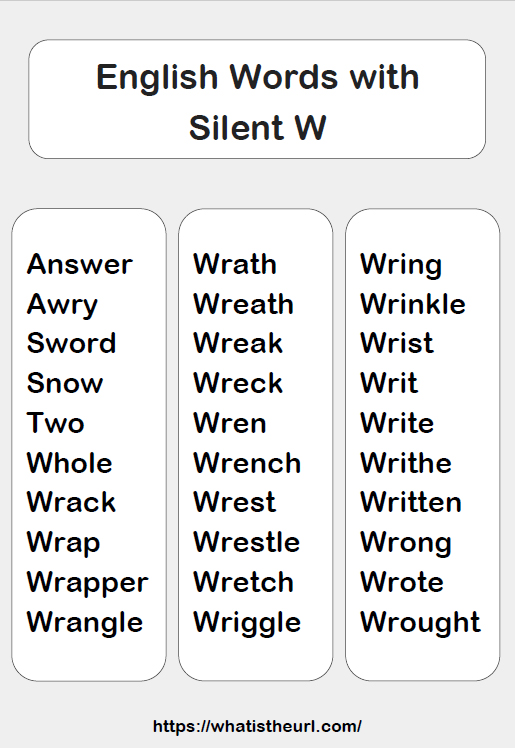
If it works, then the sound is a vowel. You can't do that with consonants.
There are more vowels than sounds - there are 10 of them: a, i, u, u, o, e, e, e, i, s . This difference is due to the fact that some of these letters can represent two sounds and are pronounced using a combination of a vowel and a consonant [y']. For example, in word spruce the letter e expresses two sounds - [y'] and [e]. Let's look at the table all the vowel sounds and the letters that represent them.
| Letter | Sound | Example |
|---|---|---|
| a | [a] | pharmacy |
| i | [a] [d'] + [a] | change anchor |
| y | [y] | moon |
| [y] [y'] + [y] | love skirt | |
| about | [o] [a] | horse milk |
| e | [e] [y'] + [e] [and] | victory raccoon great |
| e | [o] [d'] + [o] | rope hedgehog |
| e | [e] | evolution |
| and | [and] [s] | caviar life |
| s | [s] | choice |
Demo lesson in Russian
Take the test at the introductory lesson and find out what topics separate you from the "five" in Russian.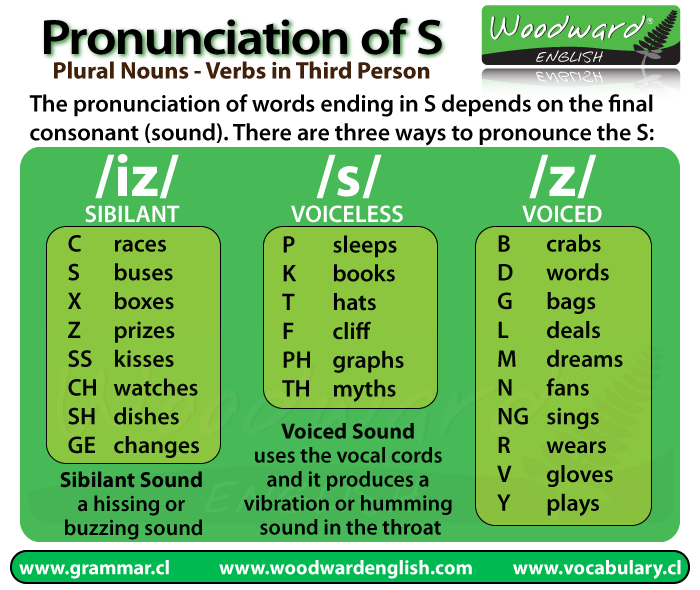
How vowel sounds are related to syllables
Vowel sounds form syllables - sound segments of words that we pronounce with one breath. One syllable can be either a vowel with one or more consonants, or a vowel alone. There is even a rule by which syllables can be counted: how many vowels in a word - so many syllables.
For example, in the word journey there are 5 vowels: [u], [i], [e], [i] and [e]. This means that it has 5 syllables: p-te-she-stvi-e .
Test yourself!
Count the number of syllables in the words: try on, tanner, well-groomed, care, prefix, capital, wet, invitation, orange .
Vowel sounds and stress
Now let's see what groups vowel sounds are divided into. Sometimes their pronunciation depends on whether the stress falls on them, that is, whether we single them out with our voice. So vowel sounds are divided into stressed and unstressed.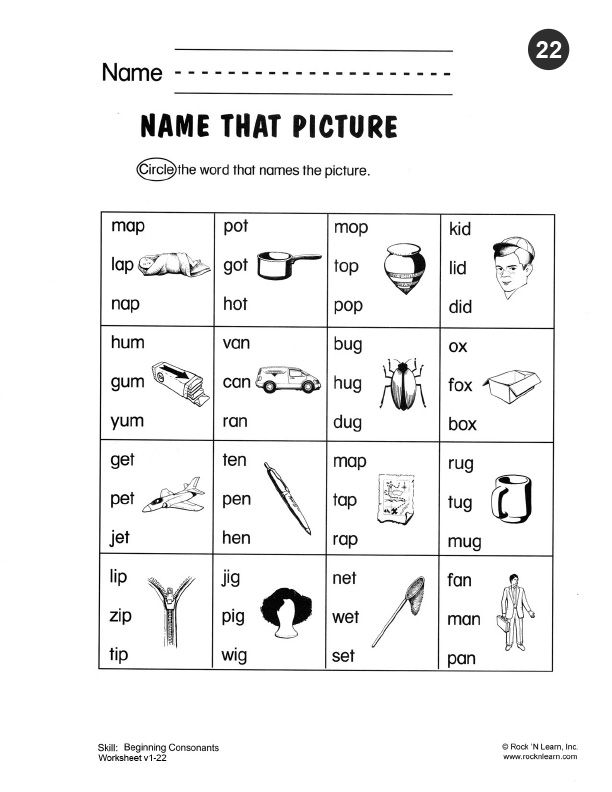 Here are some examples:
Here are some examples:
| | | |
|---|---|---|
| | | |
| | | |
| | | |
Stress in Russian can fall on any of the existing vowel sounds. However, only 4 of them can be unstressed - these are [a], [i], [y] and [s]. In this position, we pronounce sounds weaker than under stress, because of which they can change qualities and sound differently.
Interestingly, the vowels [o] and [e] can only be stressed. There are only a couple of exceptions to this rule: for example, in words cocoa and canoe sounds [o] and [e] in an unstressed position.
How unstressed vowels are related to consonants
How an unstressed vowel sounds depends on the consonant that precedes it. Or rather, from its hardness or softness. If it is a hard consonant, it can be followed by unstressed vowels [y], [a] and [s]. When we talk about a soft consonant, it is followed by unstressed vowels [y] and [and].
| | |
|---|---|
| | |
| | |
| | |
Test yourself
It's time to find out if you now understand well what vowel sounds are in Russian.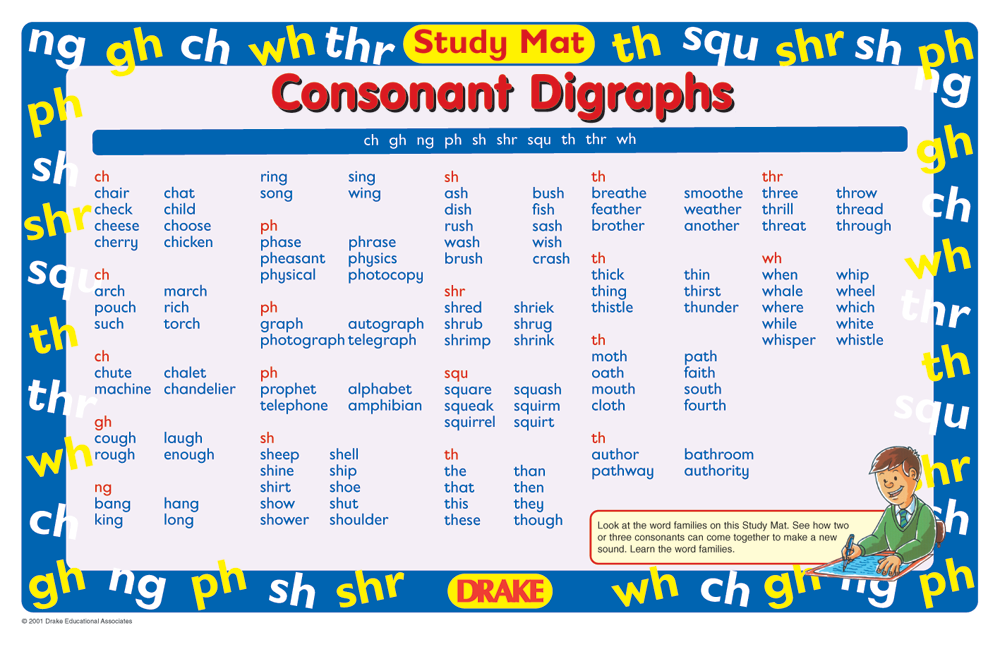 To do this, we have prepared tasks for self-examination.
To do this, we have prepared tasks for self-examination.
Activity 1
List all the vowels in these words:
-
fair,
rejoice,
doll,
distant,
buddy,
voting,
mirror,
story,
OK,
captivate.
Task 2
Name 5 words each in which the sounds [a], [i], [y] and [s] would be stressed.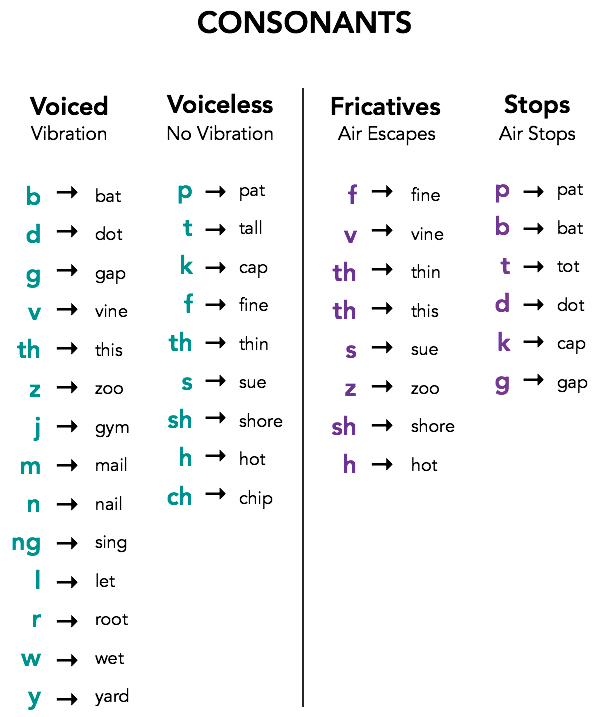
Task 3
Name 5 words in which an unstressed vowel would come after a hard consonant, and 5 more words where it would follow a soft consonant.
Task 4
Count the number of syllables in the words below (don't forget to use the rule you learned at the beginning of the article!):
-
weightless,
-
sunrise,
-
adventure,
-
painter,
-
perpetuate,
-
nice,
-
image,
-
category,
-
fun,
-
melting,
-
snowflake.
